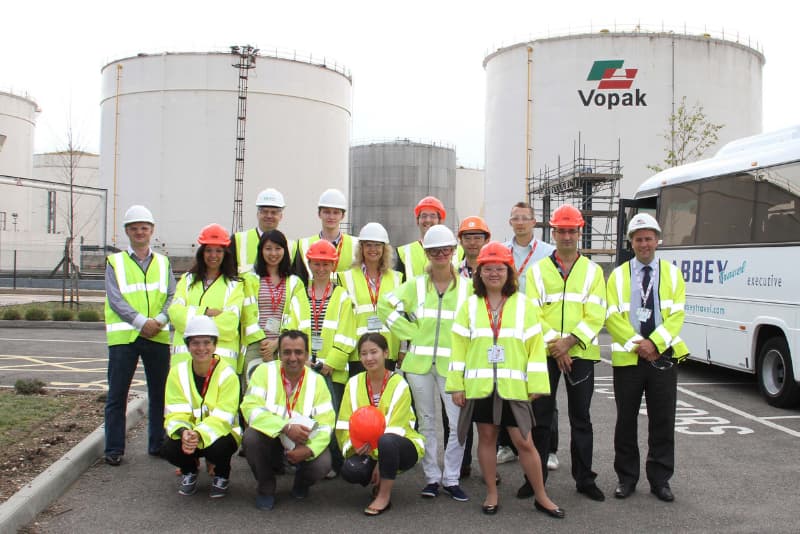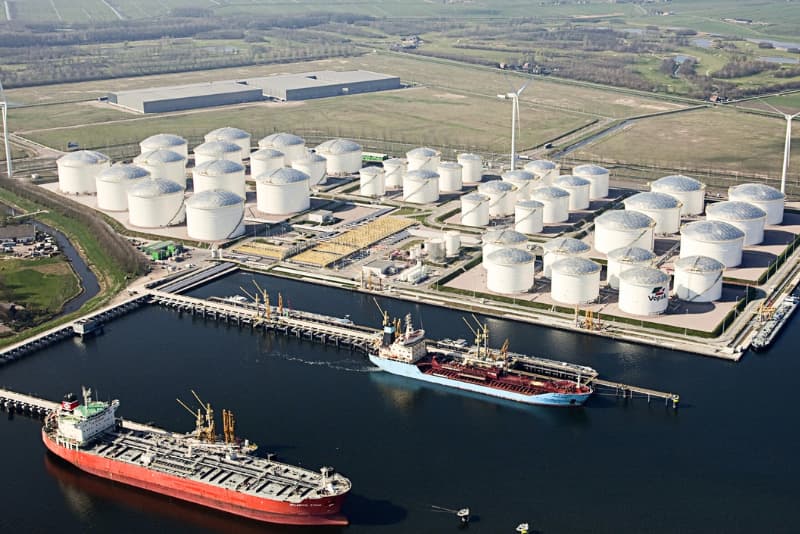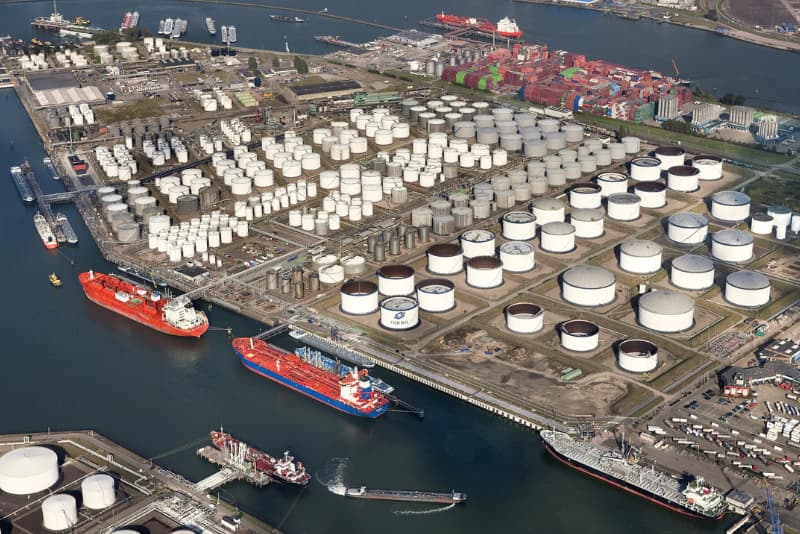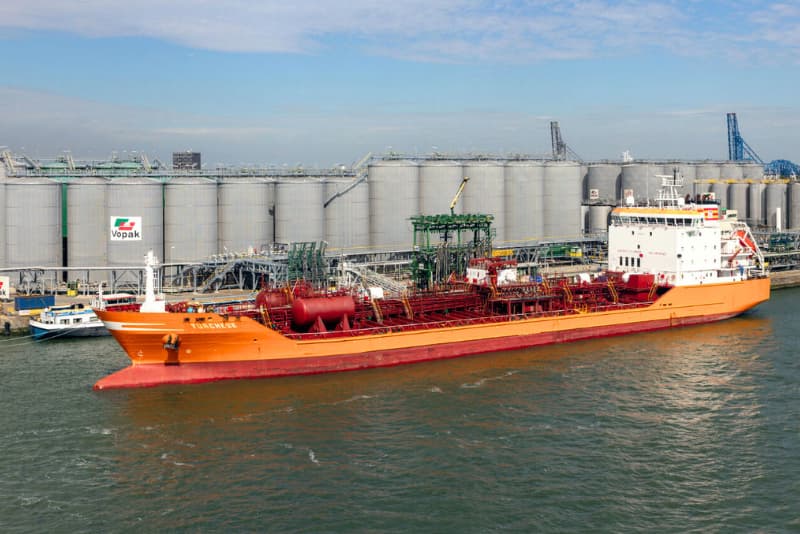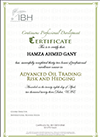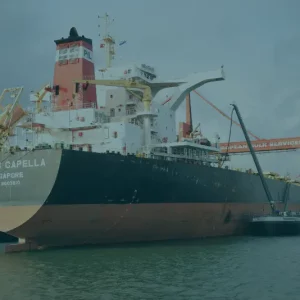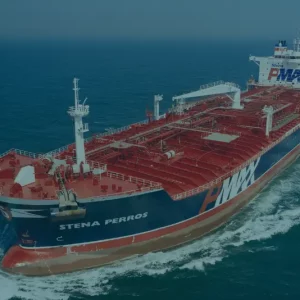Pre-fixture and pre-loading operations
– Approvals (SIRE, CDI, etc) and vetting
– Checking the recap vs. CPs
– Considering CP Differences
– Monitoring and updating
– Port/Terminal clearance (technical, commercial,age) + SSSCL potential issue
– Stowage and cargo planning (WVNS, pump stack,slops, reducers)
Pre-fixture and pre-loading operations (cont’d)
– Early/late arrival implications
– Delays (weather, cancelling, canals and passages)
– General test
– Review of test
Loading Operations
– Port characteristics and requirements
– Physical (port facilities, mooring arrangements, berth restrictions, etc)
– Administrative requirements (clearing, financial,legislative)
– Documentation (cargo, customs, Marpol, etc.)
– Progress monitoring (itineraries and schedules)
Loading Operations (Cont’d)
– Arrival and NOR (laytime, free pratique)
– 4 Ws
– Berthing & Lightering (mooring, STS/Double- banking)
– Cargo handling
– Inspection & measurement
– Documentation (Bills of Lading, e-Docs)
– Sailing instructions
